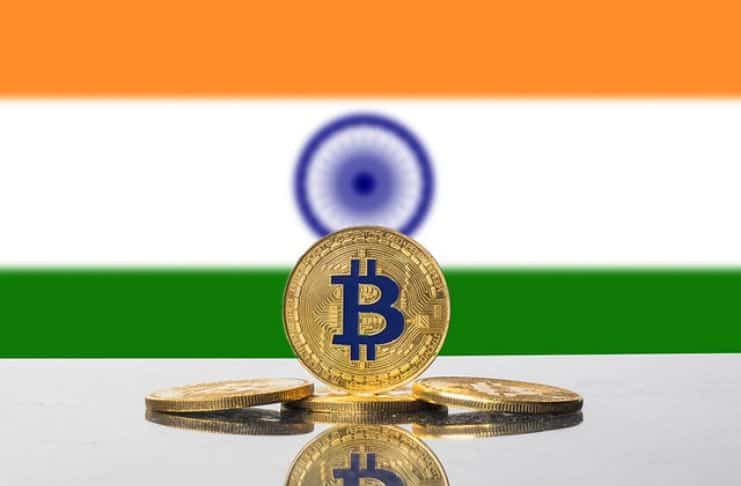Despite the Reserve Bank of India’s (RBI) clarification that its 2018 circular banning cryptocurrency transactions is no longer valid, several Indian banks continue to restrict services for crypto users. IDFC First Bank is the latest institution to suspend services to cryptocurrency exchanges, leaving traders in a state of confusion. This ongoing issue highlights the lack of regulatory clarity and growing tension between financial institutions and the burgeoning crypto sector in India.
IDFC First Bank Joins the List
Temporary Suspension
- IDFC First Bank recently halted services for cryptocurrency companies, citing enhanced due diligence.
- According to industry sources reported by Livemint, the bank is reassessing its stance on supporting crypto exchanges.
Similar Moves by Other Banks
- Major banks like ICICI Bank, Yes Bank, and Paytm Payments Bank have also avoided working with crypto customers.
- This trend persists despite the Supreme Court overturning the 2018 RBI circular that prohibited banks from engaging in crypto transactions.
RBI’s Clarification: What’s the Issue?
Supreme Court Verdict
- In 2020, the Supreme Court of India ruled the 2018 RBI circular invalid, effectively lifting the banking ban on cryptocurrencies.
RBI’s Recent Statement
- Last month, RBI reiterated that banks should not cite the defunct 2018 circular.
- However, RBI emphasized that banks must continue to perform customer due diligence under existing laws.
Continued Confusion
- Despite this clarification, many banks have opted to restrict services, possibly due to concerns over regulatory ambiguity or the volatile nature of cryptocurrencies.
Warnings from Major Banks
Customer Advisories
- HDFC Bank and State Bank of India (SBI) have issued warnings about the risks of trading in cryptocurrencies.
- These advisories highlight the volatile nature of the crypto market and caution customers against speculative investments.
Contradictory Actions
- While the government has not banned cryptocurrencies like Bitcoin, actions from banks create uncertainty for consumers and crypto businesses.
The Crypto Bill and Regulatory Ambiguity
Re-examining the Crypto Bill
- The Indian government is revisiting the proposed cryptocurrency bill, which seeks to ban all private cryptocurrencies while allowing RBI to issue a Central Bank Digital Currency (CBDC).
- An expert group is currently re-examining the bill’s provisions, further delaying its introduction in Parliament.
Unregulated Sector
- The delay has left India’s crypto sector in a state of limbo, with no clear framework for regulated financial players to predict outcomes or plan accordingly.
Impact on Consumers and Businesses
Confusion and Lack of Transparency
- Customers are caught between banks’ decisions to restrict crypto-related services and the absence of clear communication or transparency about these changes.
Challenges for Crypto Exchanges
- Crypto exchanges face difficulties operating within a system where financial institutions are hesitant to support them, despite the lack of a formal ban.
Need for Clarity
- Clear guidelines from regulators and a finalized cryptocurrency bill are essential to resolving the uncertainty and ensuring the growth of India’s crypto ecosystem.
FAQs
Why are Indian banks halting crypto services?
Banks like IDFC First Bank cite enhanced due diligence and regulatory concerns, despite RBI clarifying that the 2018 circular banning crypto transactions is no longer valid.
What did the Supreme Court rule about the RBI’s 2018 circular?
In 2020, the Supreme Court of India ruled the 2018 RBI circular invalid, lifting the ban on banking services for cryptocurrency transactions.
Is cryptocurrency banned in India?
No, cryptocurrencies like Bitcoin are not banned in India. However, regulatory ambiguity has led to confusion among financial institutions and consumers.
What is the status of India’s cryptocurrency bill?
The proposed cryptocurrency bill is under re-examination by an expert group and has not yet been introduced in Parliament.
How are banks responding to crypto trading?
Banks like HDFC Bank and SBI have issued advisories cautioning customers about the risks of trading in cryptocurrencies, while others have suspended services to crypto exchanges.
What is the role of RBI in regulating cryptocurrencies?
The Reserve Bank of India oversees financial institutions but does not have a finalized framework for regulating cryptocurrencies, contributing to the ongoing confusion.
Conclusion
The continued suspension of crypto services by Indian banks like IDFC First Bank underscores the need for clear and consistent regulations in the cryptocurrency sector. While the RBI’s clarification sought to resolve confusion, the lack of a finalized cryptocurrency bill has left both consumers and businesses in a precarious position. A balanced regulatory framework is essential to support the growth of India’s crypto ecosystem while addressing the concerns of financial institutions.
To stay updated on India’s evolving cryptocurrency landscape, explore our article on latest news, where we analyze critical trends shaping the future of digital assets.
Disclaimer: The information provided is not trading advice, Bitcoinworld.co.in holds no liability for any investments made based on the information provided on this page. We strongly recommend independent research and/or consultation with a qualified professional before making any investment decisions.




